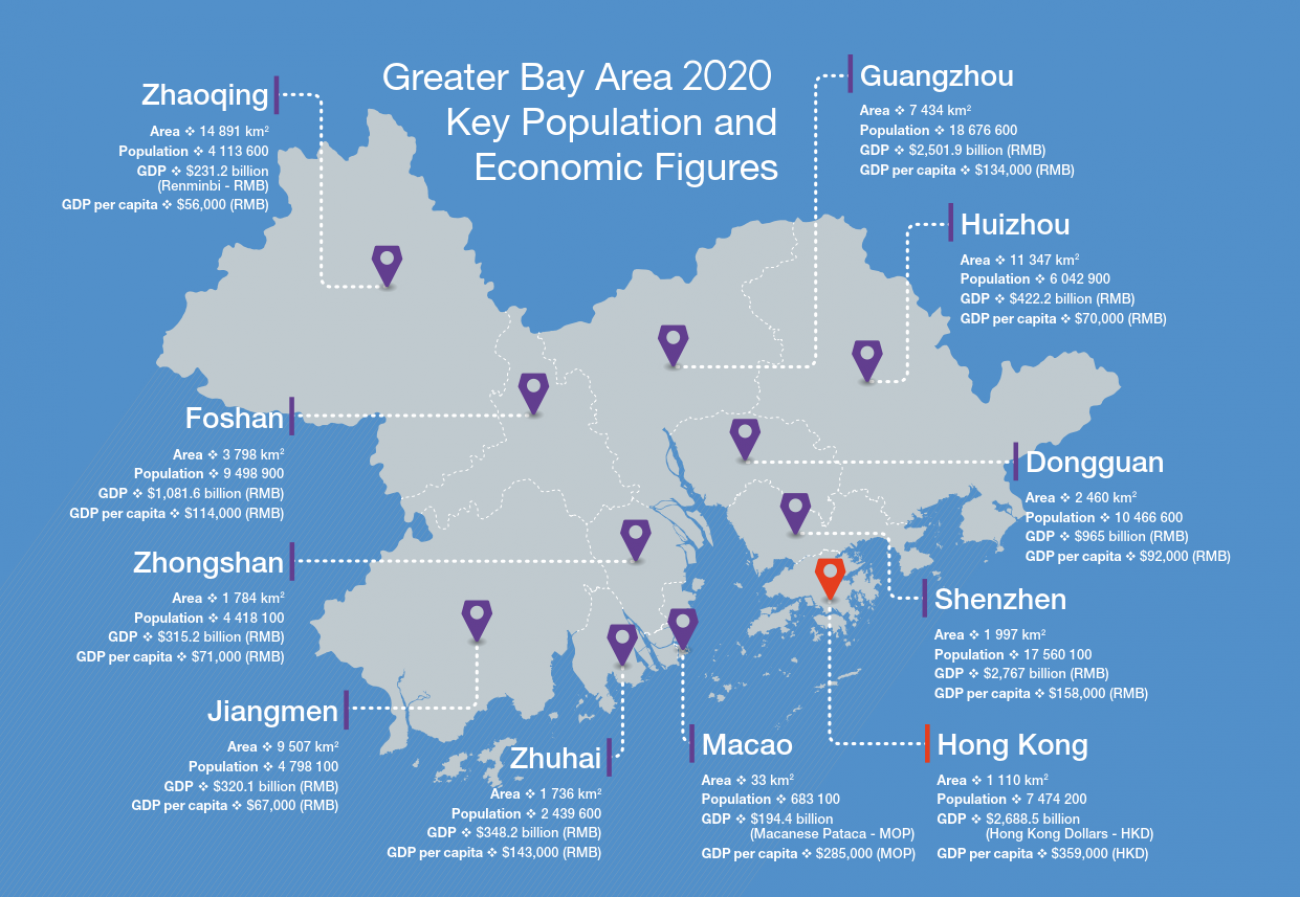
Overview of Hong Kong’s Data Protection Laws
Hong Kong’s data protection laws are primarily governed by the Personal Data (Privacy) Ordinance (PDPO), which came into force on 20 December 1996. The PDPO has been updated twice, with significant amendments in 2012 and 2021. These updates reflect the evolving challenges of data privacy in the digital age.
The PDPO is built on six Data Protection Principles (DPPs):
1. DPP1: Personal data must be collected lawfully and fairly. Data users must inform individuals about their rights to access and correct their data.
2. DPP2: Personal data must be accurate, up-to-date, and not kept longer than necessary.
3. DPP3: Data can only be used for the purpose it was collected or a directly related purpose. Using data for other purposes requires prescribed consent.
4. DPP4: Data users must implement security measures to protect personal data from unauthorized access or loss.
5. DPP5: Data users must provide general information about the types of data they hold and how it is used.
6. DPP6: Individuals have the right to access and correct their personal data.
The 2012 Amendments introduced a direct marketing regime, requiring explicit consent for using personal data in marketing. The 2021 Amendments criminalized doxxing (disclosing personal data without consent) and gave the Privacy Commissioner enforcement powers.
Data Protection Compliance in Hong Kong
Compliance with the PDPO requires organizations to take specific steps:
– Inform individuals: Under DPP1, data users must clearly inform individuals about their rights to access and correct their data.
– Appoint staff: Different staff members should handle data access and correction requests in different contexts.
– Ensure data security: DPP4 requires data users to take all practicable steps to protect personal data. This includes using contracts to ensure third-party processors also comply.
– Provide intelligible data: When responding to data access requests, data must be provided in a clear, comprehensible, and appropriate language.
The Privacy Commissioner has published a best practice guide for privacy management programs, updated in March 2019, to help organizations comply with the PDPO.
Data Breach Reporting and Management
Data breaches are a growing concern in Hong Kong. In 2023, the Privacy Commissioner received 157 voluntary data breach notifications, a 50% increase from 2022. Hacking incidents more than doubled, from 29 cases in 2022 to 64 cases in 2023.
While there is no mandatory breach reporting law, the Privacy Commissioner encourages data users to notify affected individuals, the regulator, and law enforcement agencies. Organizations should also take active steps to mitigate damage caused by breaches.
Failure to implement adequate security measures can lead to liability under DPP4. For example, in 2023, a major retailer faced public backlash after a data breach exposed customer information.
Direct Marketing and Doxxing
Using personal data for direct marketing without consent is a criminal offense, punishable by a fine of HK$500,000 and up to three years in prison. Data users must send a written confirmation within 14 days if consent is given orally.
Doxxing is also a criminal offense, with penalties of up to HK$100,000 and two years in prison. From October 2021 to December 2023, the Privacy Commissioner conducted 254 criminal investigations and 42 arrest operations related to doxxing.
Cyber Insurance in Hong Kong
Cyber insurance helps businesses manage financial risks from data breaches and cyberattacks. Policies in Hong Kong typically cover legal expenses, notification costs, and business interruption losses.
When selecting a policy, businesses should consider coverage limits, deductibles, and exclusions. Maintaining compliance with data protection laws is often a condition for obtaining and keeping cyber insurance.
For example, a financial institution in Hong Kong recently claimed HK$2 million under its cyber insurance policy after a ransomware attack disrupted operations.
Key Considerations for Businesses
- Stay updated: Regularly review the PDPO and guidance from the Privacy Commissioner.
- Implement robust security measures: Protect personal data from breaches and unauthorized access.
- Train staff: Ensure employees understand data protection requirements and procedures.
- Consider cyber insurance: Mitigate financial risks from cyber incidents.
By understanding and complying with Hong Kong’s data protection laws, businesses can avoid legal penalties, protect their reputation, and build trust with customers.



